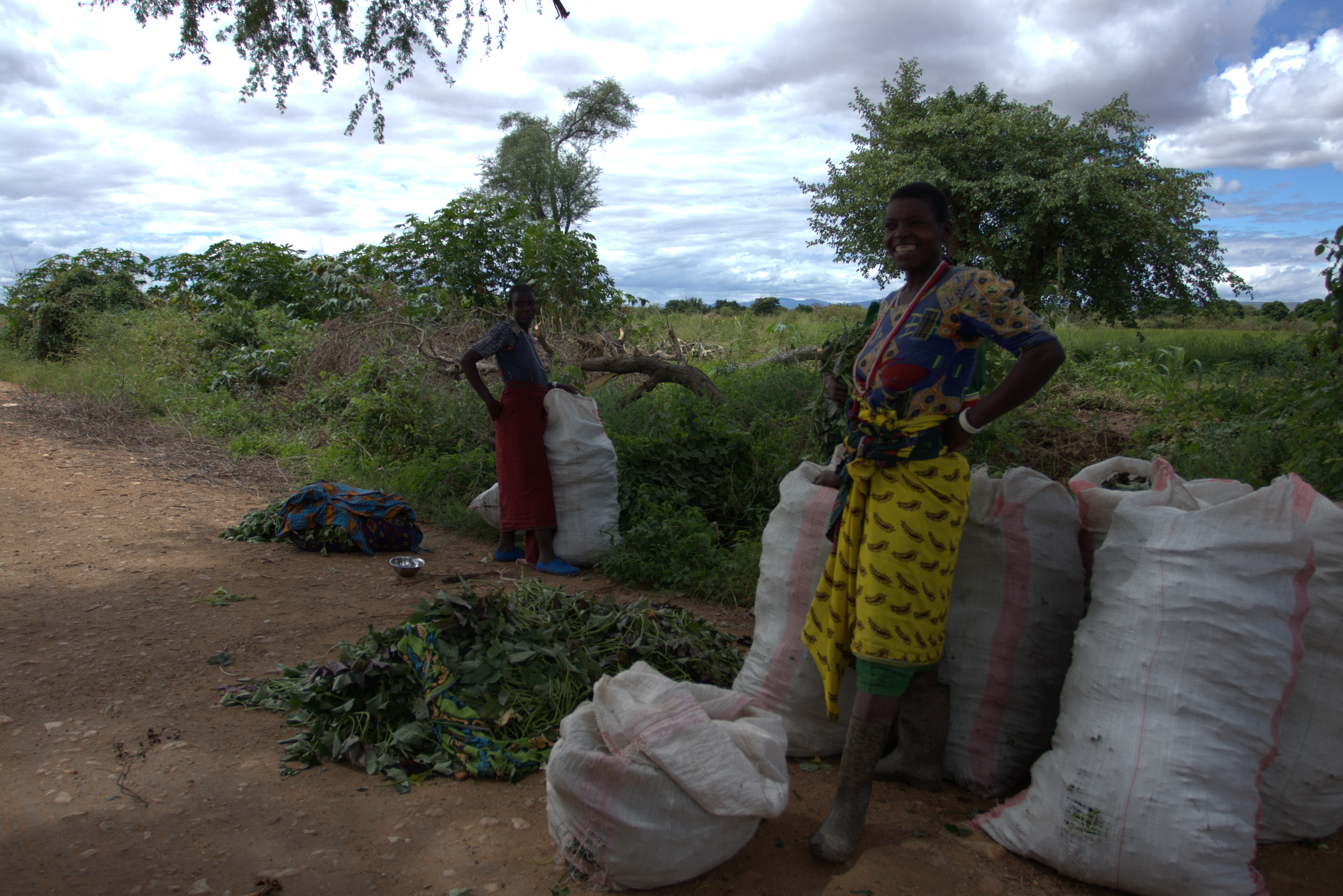
EU trade policy for sustainable food systems
As the world’s largest food importer, the EU can use its trade policies and agreements to create more sustainable food systems.
Summary
The European Union (EU) has committed to supporting the global transition to more sustainable food systems. As the world’s largest food importer, the EU can use its trade policies and agreements to stimulate and incentivise more sustainable practices by its trade partners. In this brief, authors from the International Panel of Experts on Sustainable Food Systems (IPES-Food) and ECDPM provide specific recommendations on how the EU can do so.
Building on lessons from existing initiatives, the EU should adopt sector-specific regulations and sustainability standards to promote imports of sustainable food, and restrict the import of illegally or unsustainably manufactured products. Further, real change can only be achieved if the EU makes sustainable food systems an explicit objective of its free trade agreements, negotiates relevant sustainability provisions in these agreements and monitors efficiently the impact of these provisions on food systems. At the multilateral level, the World Trade Organization and the upcoming 2021 Food Systems Summit can be good platforms for the EU to build alliances with like-minded countries to push for global trade rules that promote sustainable food systems.
To be effective, these efforts need to be based on a good understanding of the various ways trade affects food systems. They also need to be based on inclusive consultation involving potentially marginalised food systems actors and civil society representatives, and to be complemented by other relevant policies, including on investment and development cooperation.






